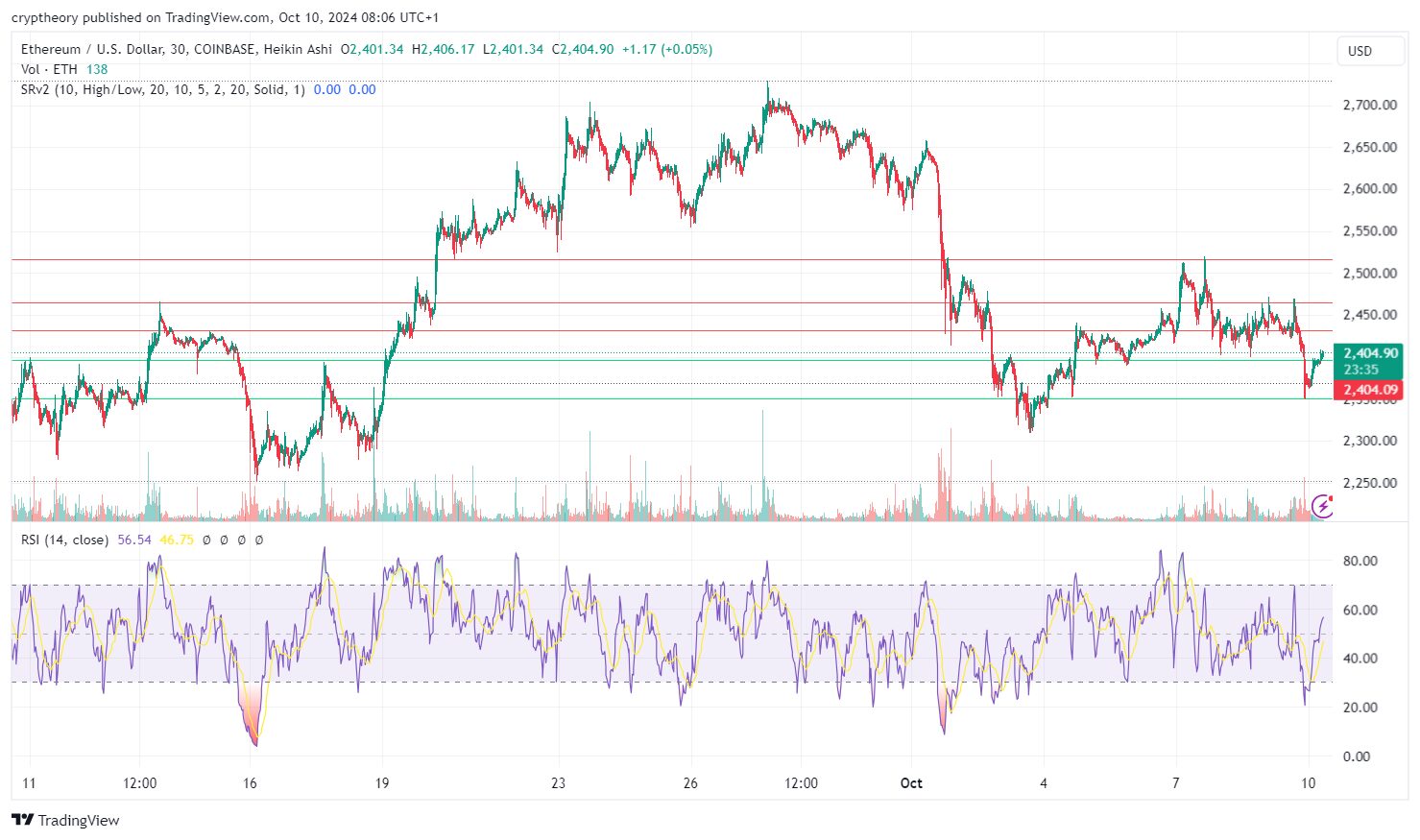The head of the US Securities and Exchange Commission (SEC), Gary Gensler, went to Europe for a short time to draw attention to members of the European Parliament about the huge increase in popularity of cryptocurrencies, the adoption of which can probably no longer be stopped.
Gary Gensler headed to Brussels, where he addressed the European Committee on Economic and Monetary Affairs on 1 September. In his speech, he drew members’ attention to the vast future of cryptocurrencies, which can no longer be ignored.
“I think the transformation we are currently experiencing could be similar to the one brought about by the Internet in the 1990s.” stressed the seriousness of the situation.
Gensler also noted that the cryptocurrency market, which has already capitalized more than $ 2 trillion, has become “Global asset class.” ,, (Cryptocurrencies) have no boundaries and obstacles. They work 24 hours a day, 7 days a week. “
The SEC’s speech in the European Parliament was apparently intended to increase pressure to adopt new regulatory frameworks for cryptocurrencies in Europe, as the United States sees Europe as its closest friend and ally. At the same time, a shocking proposal to ban anonymous cryptocurrency wallets came recently from the European Commission’s workshop.
Ecology was also a topic
Members of the European Parliament were also interested in Gensler’s view on ecology, as there has been a lot of talk lately about how cryptocurrency mining is having a negative effect on the planet. The SEC chief said that this topic would be hot for the future, especially in connection with BTC. He pointed out that Proof of Stake cryptocurrencies are formed alongside him (ETH passes through PoS and Cardano or Solana is on it), in which this problem does not occur.
He sees risks mainly in defi, but also in stablecoins
Gensler sees great risks, especially in the so-called decentralized finances (defi), which arises on the shoulders of the so-called smartchains such as ETH, Solana or Binance Chain. He pointed out that defi provide access to financial services to millions of people without having a broker that can be regulated. This poses a great risk because the cryptocurrency market is full of fraudsters. He followed up on his recent statement that the authors of the defi projects should register with the SEC and actively help regulate the sector. According to Gensler, it is clear that the vast majority of defi projects have their central points and are therefore not in fact decentralized.
He also sees stablecoins, or cryptocurrencies, which are (or should be) covered by dollars or other underlying assets, as another potential risk. He warned MEPs that this type of cryptocurrency accounts for almost three-quarters of the digital asset trade and often helps those who seek to avoid “a range of public policy objectives”. Even these words suggest that the US plans to introduce strict rules regarding the market for stablecoins in the near future, which is one of the clear requirements of US Treasury Secretary Janet Yellen.





















